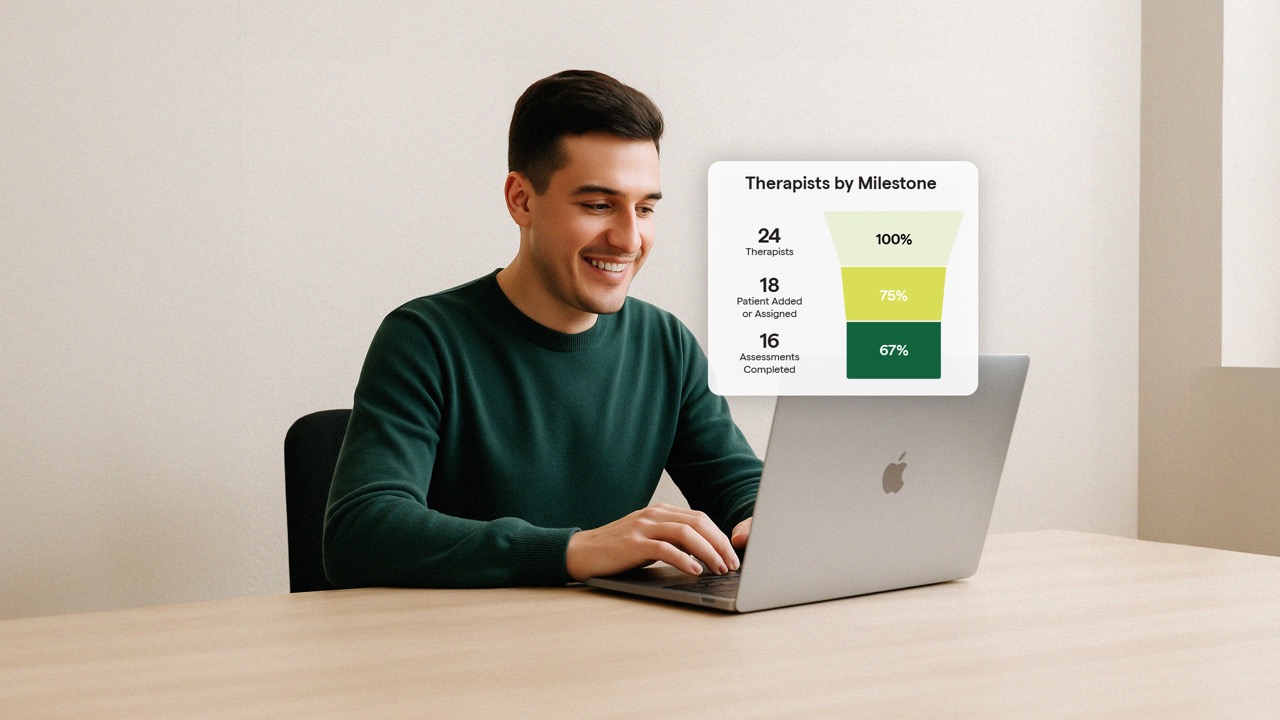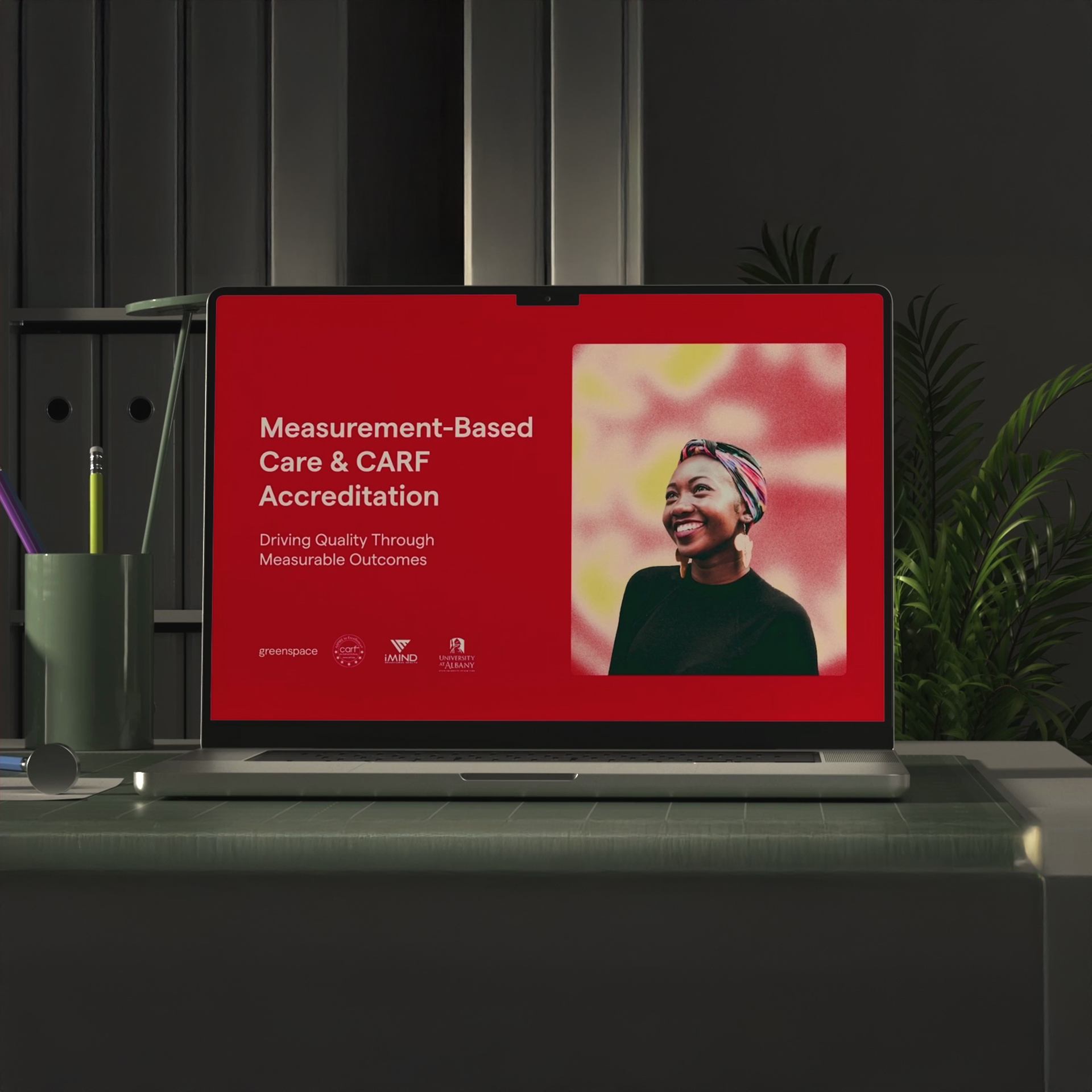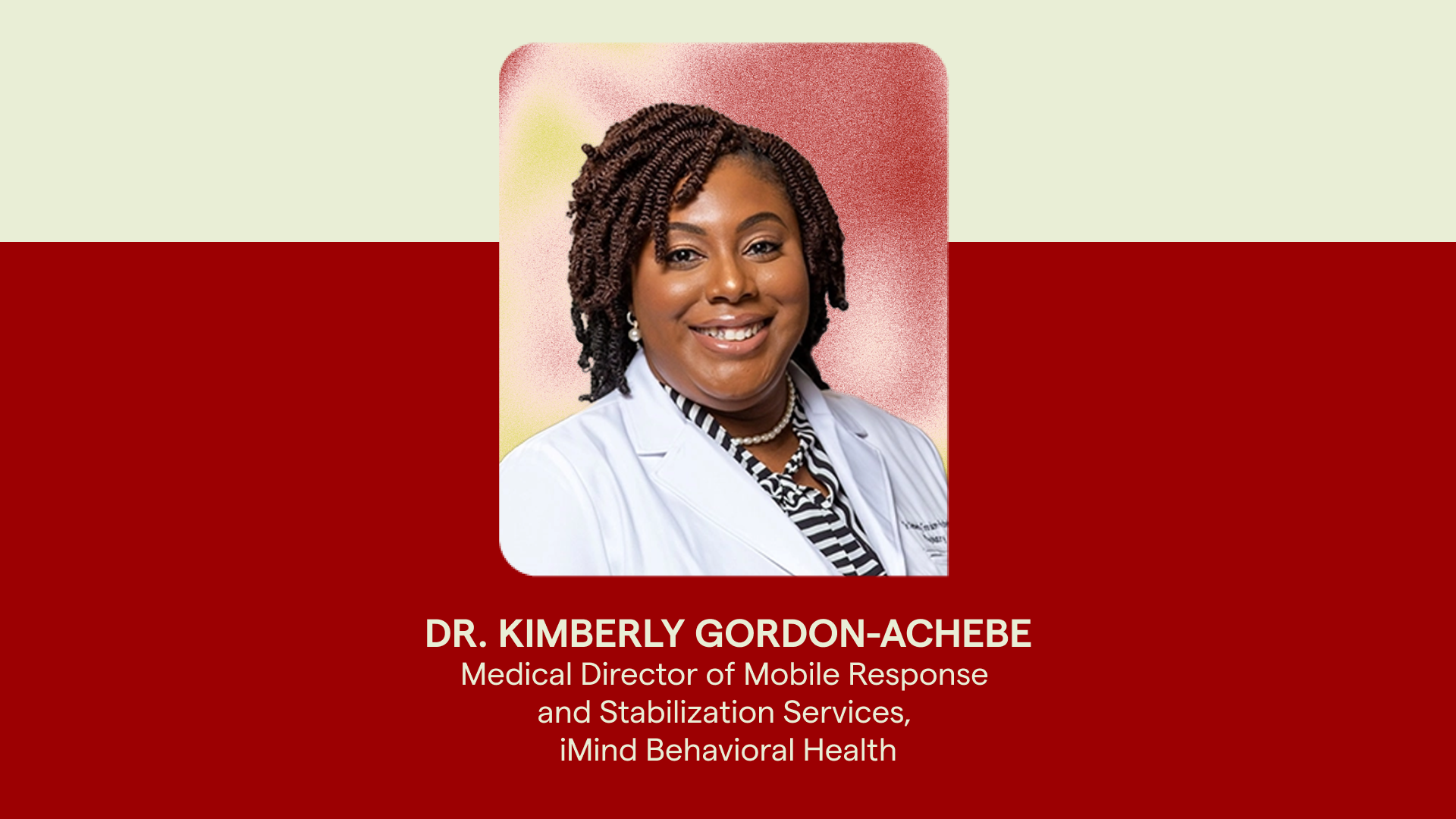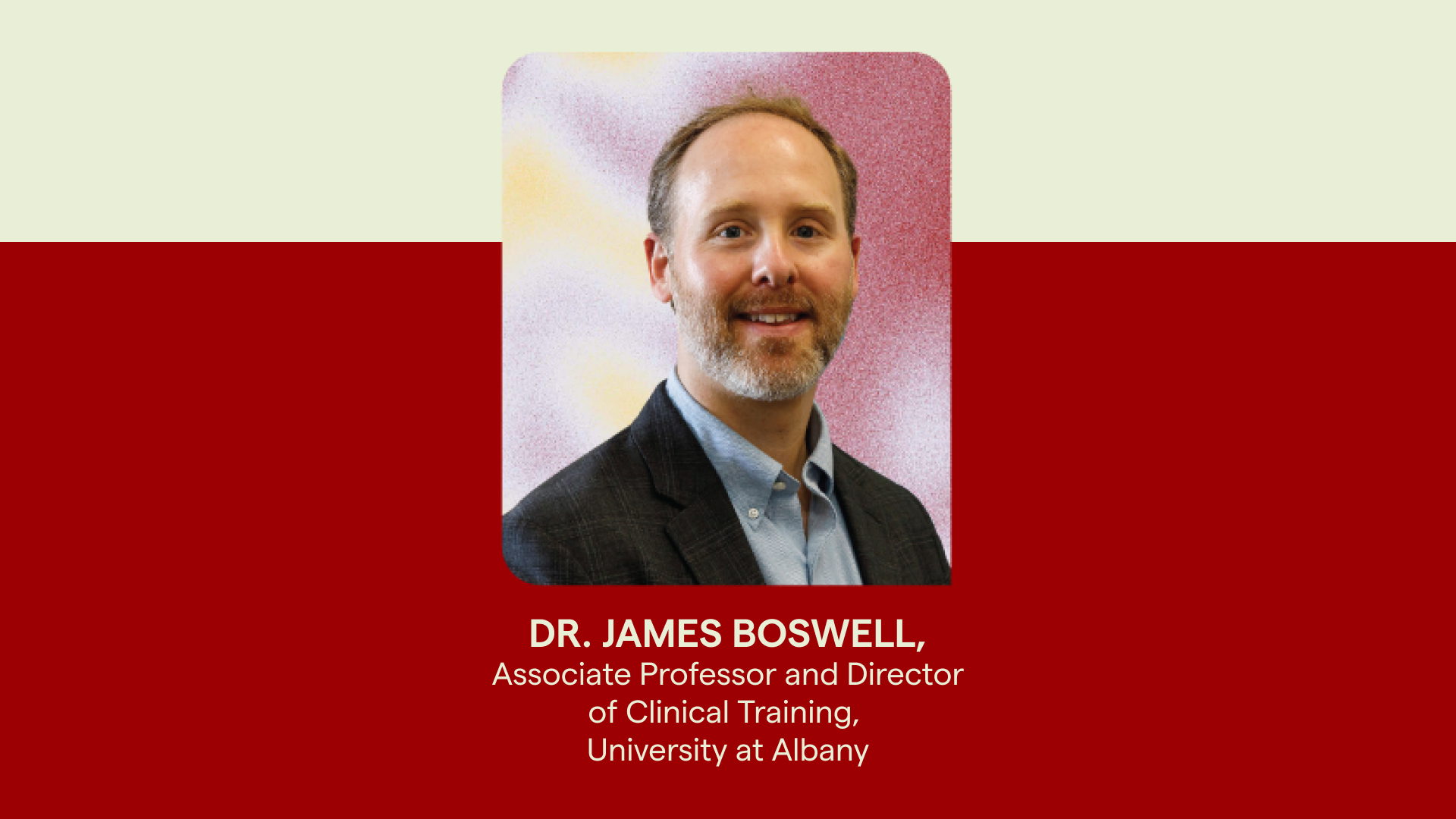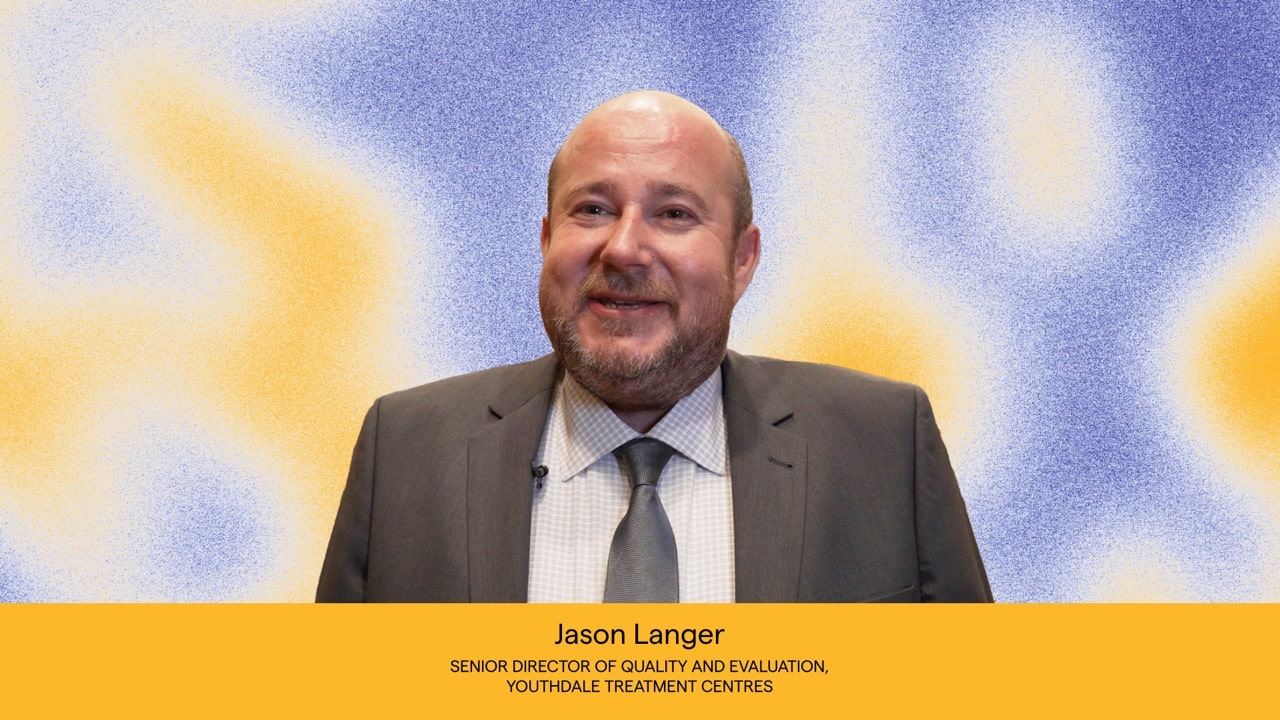
Youthdale Treatment Centres is a leading Toronto-based non-profit and charitable community agency dedicated to serving young people, and families struggling with complex mental health needs. They initially partnered with Greenspace in 2021, with the goal of implementing Measurement-Based Care (MBC) into their programs, beginning at intake, in order to monitor client progress and demonstrate program outcomes. They’ve since become strong champions of MBC, recognizing the incredible impact it has had on client engagement, participation as active participants in care and clinical outcomes.
At the Children’s Mental Health Ontario (CMHO) Conference last year, we had the pleasure of sitting down with Jason Langer, Senior Director of Quality and Evaluation at Youthdale, for a conversation about their organization’s approach to MBC and the impact it has had since their initial implementation. Jason started at Youthdale in 2004 and has worked across numerous programs and departments over the years including live-in treatment, day treatment, inpatient services and quality improvement, as well as overseeing records and privacy. Jason supports all Youthdale services and is the primary lead on many strategic initiatives across the organization with a focus on ensuring a strong commitment to a culture of continuous quality improvement at Youthdale.
We asked Jason to share some insight into the role of MBC at Youthdale, the feedback they’ve received from clients, and the successes and challenges they’ve experienced during implementation.
Greenspace: How does MBC fit into Youthdale’s strategic plan?
Jason: A key strategic initiative at Youthdale is to continually adapt and transform the delivery of our services to align with evidence-based practices. This includes transitioning from a care model to a treatment model. We have heard loud and clear from our young people, caregivers, funders, and the government, that there is a need for more data and evidence in the work that we do. The implementation of Measurement-Based Care across all our services is a foundational component for us to get there and create real value for the individuals we treat and their families, as well as understand, share, and respond to our data at the program, agency, and system levels.
Greenspace: How is Youthdale leveraging clinical outcome data to create value across all of these different areas?
Jason: The data and insights we collect through MBC are being used to guide decision making for our clients within their treatment plans, which is key to improving mental health outcomes for every individual we support. At a program level, the goal is to continue enhancing our impact on young people and their families, so we’re using MBC to determine areas of success within each service we offer and uncover opportunities for improvement or innovation. At the system level, we now have a complete understanding of how our population is doing and see how various diagnoses respond to a variety of treatments. While that data is foundational in our ability to continually improve services, it also allows us to easily share outcome reports and dashboards with funders. The opportunities for learning are endless.
Greenspace: Can you share any particular benefits or challenges of MBC in an inpatient setting for young people? How would it differ from an adult outpatient program, for example?
Jason: I think we’ve seen many benefits from our implementation of Measurement-Based Care and faced challenges as well. We’ve learned and adapted to overcome items like resistance to change from clinicians, concerns around clinician time, and questions about using MBC with clients that have suffered trauma. We have worked as a team to tackle these questions and ensure our approach adapts to our clients and clinicians, and continually improves based on both their qualitative feedback and quantitative clinical outcomes.
Inevitably, any sort of change comes with its challenges and resistance, which is why it’s important to focus on the benefits and how this evidence-based practice helps us all improve – our clients, our clinicians, and our leaders. Bringing objective quantitative data into the treatment setting, alongside existing qualitative data and clinical judgment, has given us the tools needed to make better decisions–as clinicians, as an organization, and as a system.
Greenspace: What kind of feedback have you received regarding client visibility and providing young people with access to their own MBC results?
Jason: A big part of why we implemented Measurement-Based Care to begin with was based on our young people’s feedback. They wanted to see more evidence that they were improving, especially when they were having a tough day or week. They wanted data to support decision making, so they could better understand how it related to their symptoms or progress and be able to actively participate in their care, with better knowledge of their own mental health.
So when we initially piloted the launch of Measurement-Based Care at Youthdale, we continued to gather feedback from the young people along the way to see if it was helping accomplish those goals. What we’ve heard has been overwhelmingly positive.
As an example, a former client—who is now an advisor at Youthdale—expressed wishing that they had a tool like this when they were in treatment. They were excited about how the tool allows you to identify specific goals or areas that need to be worked on, which can be really helpful when moving through treatment.
Greenspace: How did you get everyone on board, including clients, their families, and clinicians? What was useful that other organizations might find useful as well?
Jason: I think with any major change initiative at an organization, transparent communication is key.
We invested time into preparing all of our teams for the initiative, and really honed in on the question of why we were implementing MBC. We shared how our young people and caregivers felt about the need for more data and evidence, and we focused on the benefits—like how it would facilitate their jobs as clinicians, how it would positively impact our clients, and ultimately help support their caregivers and families as well.
The reality of this sector is that we need to produce evidence of the good work we’re doing and show we’re making an impact on these young people and their families. We just had to explain how Measurement-Based Care was the most effective and impactful way for us to do that, and work with our clinicians throughout to adjust and make the process as easy as possible for them.
Wrapping Up
We want to thank Jason for taking the time to chat with us. It’s inspiring to see and hear his enthusiasm for MBC and the impact it’s had on Youthdale’s clients and families, and their clinical team. To learn more about implementing MBC in child and youth settings, register for the upcoming educational panel: Advancing Child and Youth Mental Health through Measurement-Based Care. Hosted by Capitalize for Kids and featuring guests from Sunnybrook, Strides, Youthdale, and Greenspace Health, this webinar will cover firsthand experiences of putting MBC into practice with a focus on improving the quality of care through evidence-based best practices, and explore insights and considerations for child and youth mental health service providers looking to introduce MBC to their clinical practice.
Advancing Child and Youth Mental Health through Measurement-Based Care Webinar—Taking place Tuesday, February 27 from 1:00-2:00 PM Eastern Time: Register Now
